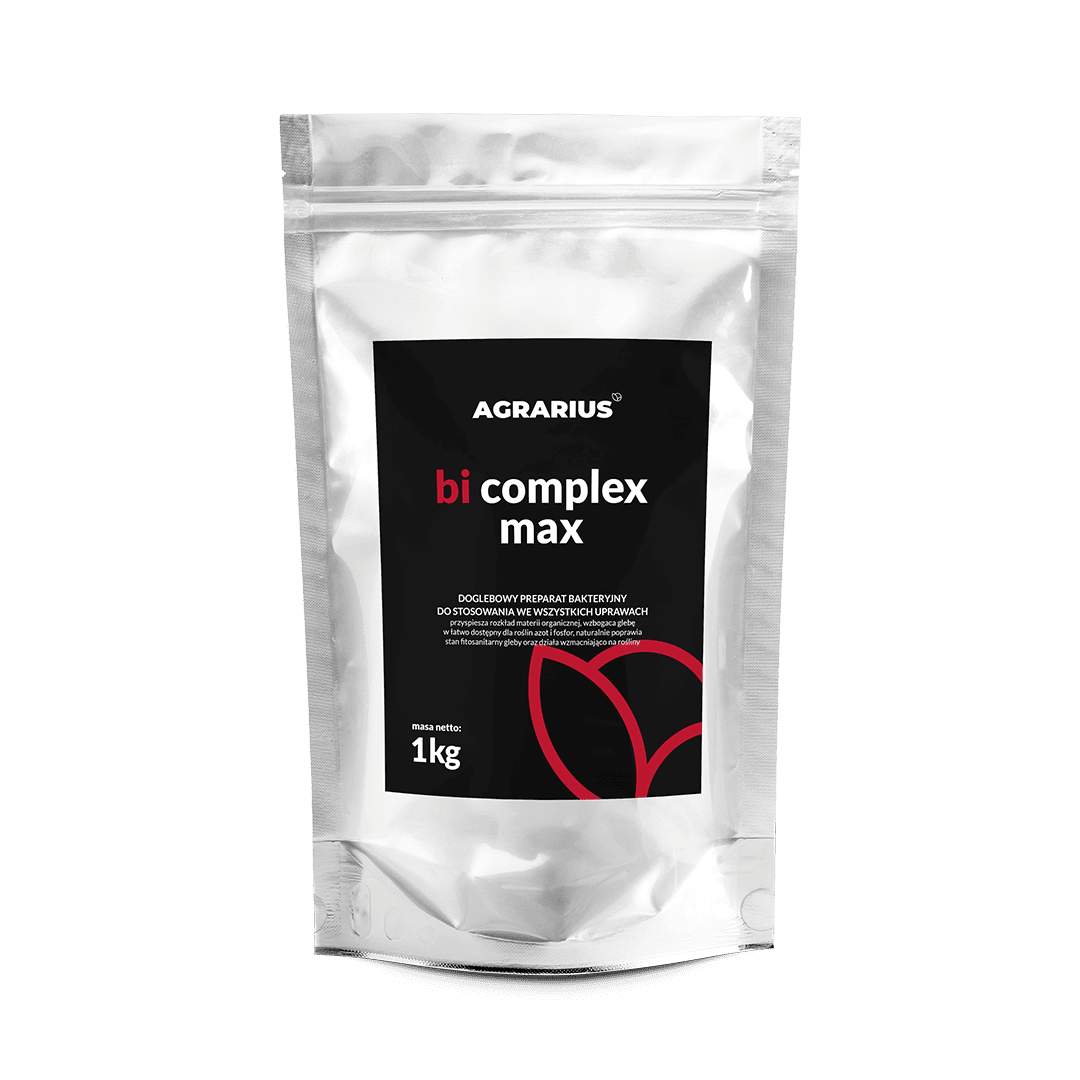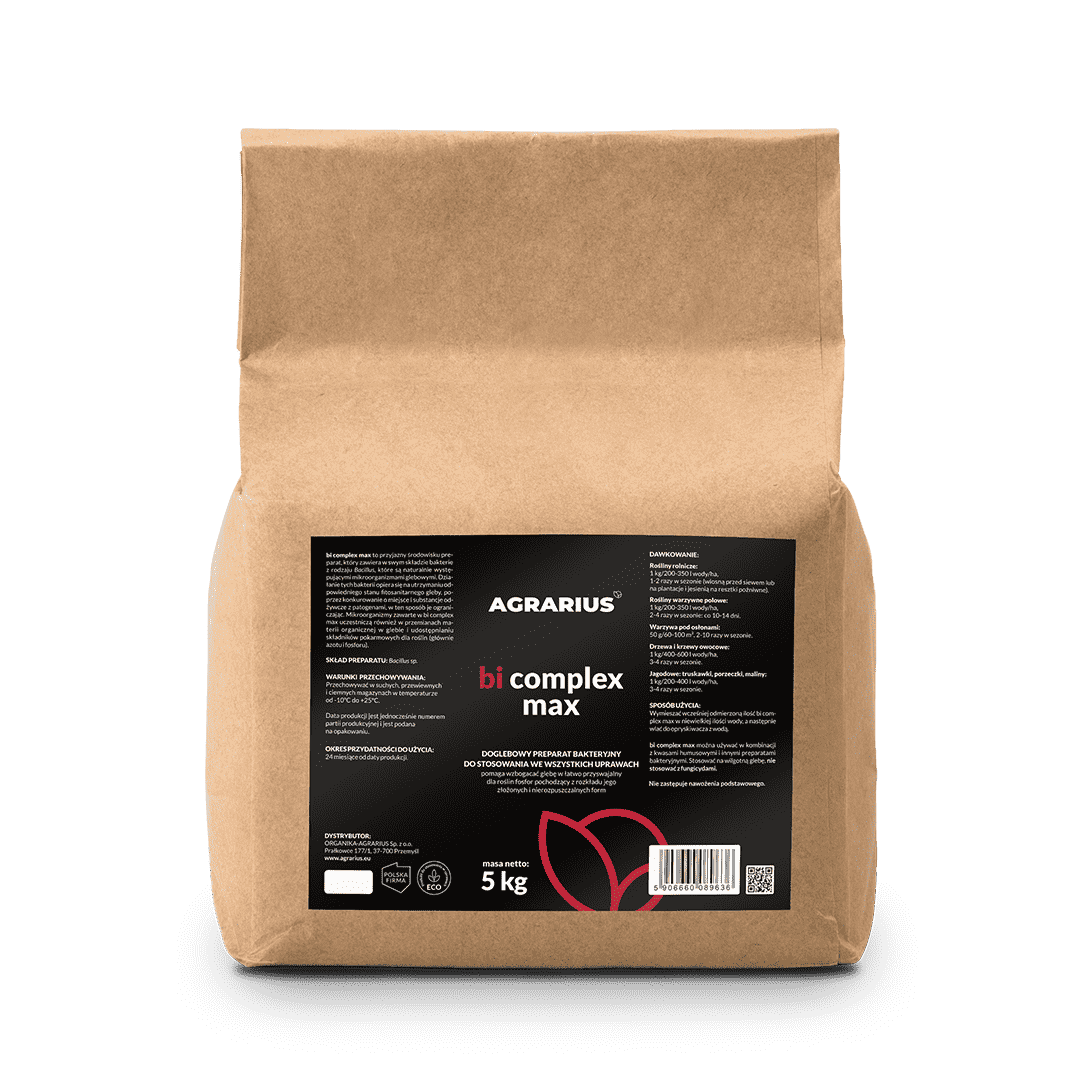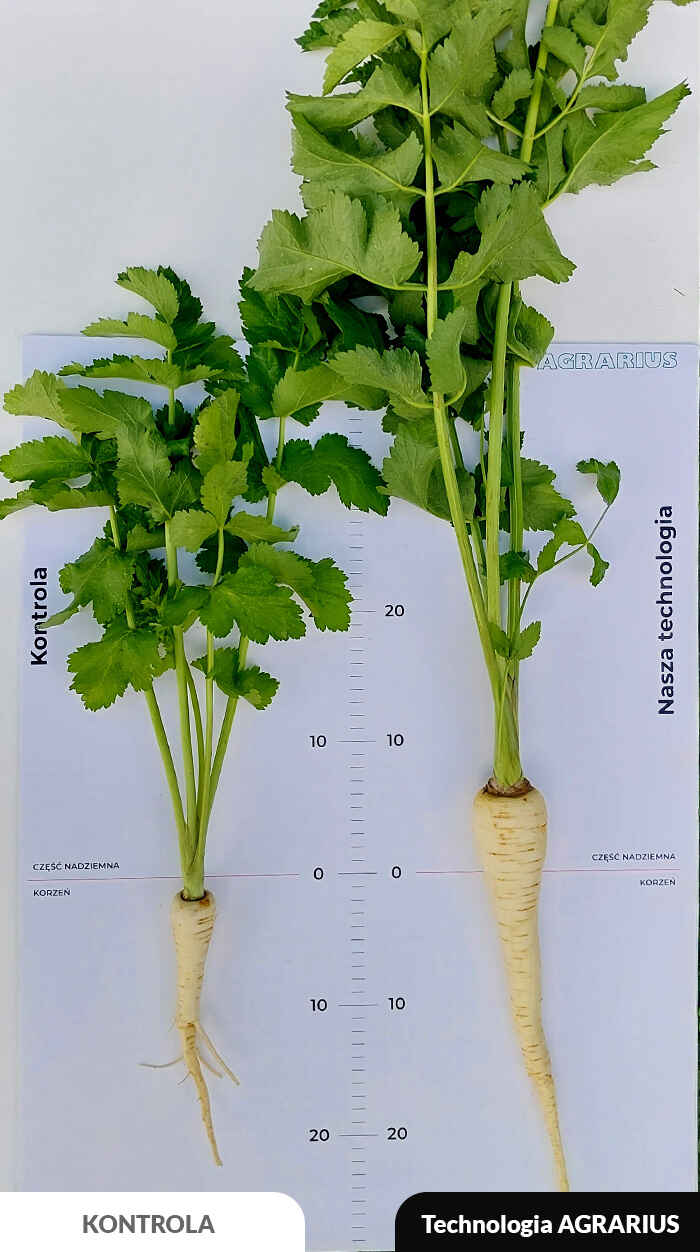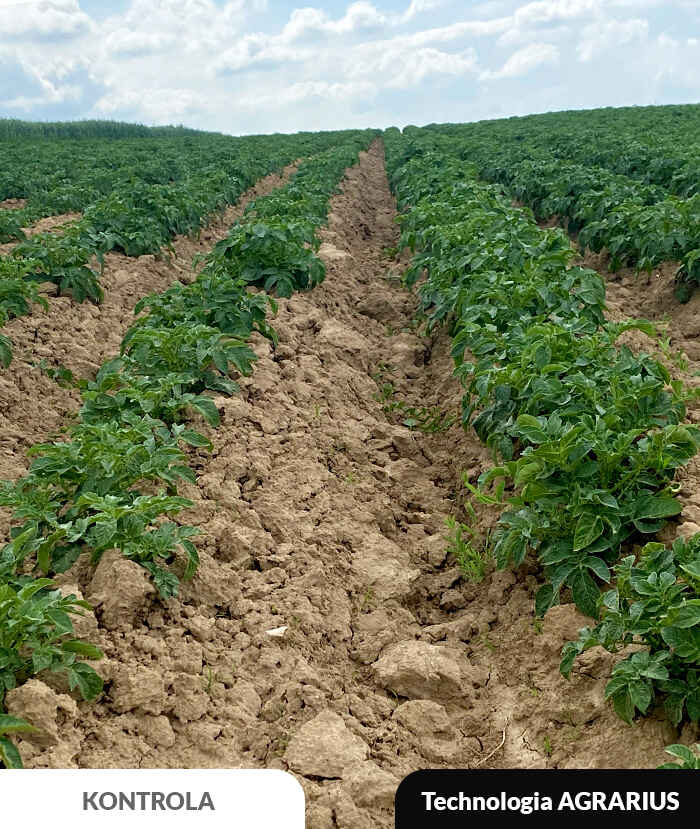bi complex max
Improves Soil Structure



Benefits of use:
Product description:
bi complex max contains concentrated rhizosphere microorganisms that promote plant growth, facilitate fruit formation, enhance crop resilience, and positively influence yield. This microbial fertiliser improves the phytosanitary status within the root zone and strengthens plants. Based on carefully selected individual Bacillus bacteria, bi complex max aids in the decomposition of organic residues and supports plant mineral nutrition.
The product contains strains of Bacillus subtilis, Bacillus megaterium, and Bacillus azotofixans – beneficial soil microorganisms that create favourable conditions for plant growth and development. Bacillus bacteria are very popular in our climatic zone. These saprophytes naturally decompose organic compounds of plant origin, especially pectins and carbohydrates. Bacillus sp. bacteria produce mucilage, increasing soil moisture within the plant root systems and covering roots with a special protective filter, shielding them from the adverse effects of drought and stabilising soil colloids.
Bacillus subtilis bacteria contribute to the reduction of pathogenic bacteria and fungi, significantly improving crop phytosanitary status and soil structure. These bacteria multiply rapidly and compete for space and food with other microorganisms, naturally eliminating them without disturbing the presence of other beneficial soil microorganisms.
Bacillus megaterium bacteria in bi complex max contribute to improving soil structure by promoting the breakdown of phosphorus compounds, including phosphonates and phosphoranes, and converting them into phosphorus readily available to plants. Bacillus megaterium bacteria allow for the acquisition of even 20-40 kg of phosphorus in a pure form per 1 ha of cultivation and significantly improve yield quality.
Bacillus azotofixans bacteria enhance nitrogen fixation in the soil and facilitate its uptake by plants, resulting in crops accumulating fewer nitrites and nitrates. The microorganisms contained in bi complex max provide plants with appropriate doses of phosphorus and nitrogen – essential mineral components throughout the plant's life cycle, from vegetative growth to flowering and fruiting. Nitrogen and phosphorus are involved in photosynthesis, metabolism, and the formation of reserve substances and proteins. The proper availability of these minerals is crucial for successful cultivation.
Bacillus subtilis, Bacillus megaterium, Bacillus azotofixans at a concentration of 1x10⁹ CFU per gram of product.
| CROP | DOSAGE | APPLICATION |
|---|---|---|
| Field crops | 1 kg/200-350 l water/ha | 1-2 times per season (in spring before sowing or planting and in autumn for post-harvest residues) |
| Field vegetables | 1 kg/200-350 l water/ha | 2-4 times per season: every 10-14 days |
| Protected vegetables | 50 g/60-100 m2 | 2-10 times per season |
| Fruit trees and shrubs | 1 kg/400-600 l water/ha | 3-4 times per season |
| Berry crops: strawberries, currants, raspberries | 1 kg/200-400 l water/ha | 3-4 times per season |
Does not replace basic fertilisation.
Additional information:
Bi complex max for improving soil structure should be applied to moist soil, preferably with the addition of humic acids, which positively affect the multiplication process of bacteria contained in the product. Microbiological product bi complex max should not be used during drought, on sunny days, or together with chemical products, especially fungicides.
This product is particularly recommended for use in fertigation in field, tunnel, and greenhouse horticultural crops (as an addition to inert substrates).
The fertiliser has been approved for use in organic farming by the Institute of Soil Science and Plant Cultivation (NE/719/2023).
Write to us and send us the results of your experience.





